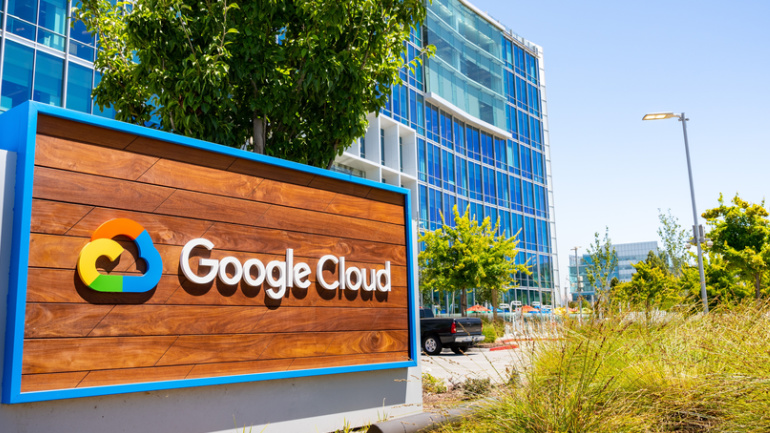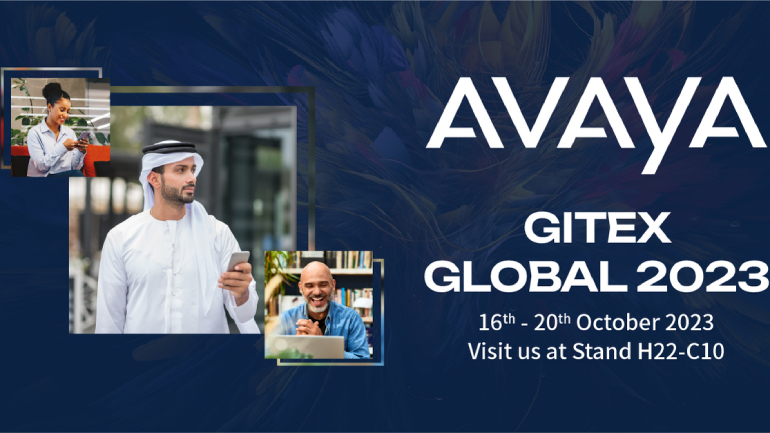Iliad, the French telecom operator, steps up to redefine Europe’s AI landscape, unveiling a Nvidia DGX SuperPOD, the first in Europe. Aimed for their Cloud division, Scaleway, it aims to accelerate AI services for businesses while securing a technological edge. Yet, questions on ROI and sustainability lurk amidst innovation.
Nvidia aims to convince telecoms to use its GPUs in 5G networks, citing NTT Docomo’s recent GPU-accelerated 5G launch in Japan. Yet, the role of Nvidia’s GPUs in telecom remains unclear. Meanwhile, the FCC breaks a two-year deadlock, reigniting net neutrality debates. Telefonica Germany partners with Skylo for global IoT connectivity, expanding options for businesses and consumers. Nokia explores rugged 5G devices for harsh environments, catering to specialized industries with challenging conditions.
Samsung Electronics and KDDI today announced the companies have signed a Memorandum of Understanding (MOU) to form a 5G Global Network Slicing Alliance. Through this new alliance, the companies will work together to introduce an array of commercial 5G network slicing services and assess new business models based on this innovative technology.
Swedish telecom giant, Ericsson, is making strides in harnessing the virtues of Open and Cloud RAN through a series of noteworthy offerings and trailblazing collaborations. Recent ventures with Telefónica on joint Cloud RAN trials underline a shared vision for a dynamic, open network architecture. This exploration goes beyond mainstream, incorporating automation and intelligent orchestration, with potential benefits to macro networks and enterprise applications alike. Ericsson’s commitment to open standards is further emphasized through successful deployment of radio hardware ready for next-gen open fronthaul technology and an intriguing pledge to offer an expansive Open RAN portfolio by next year.
Unveiling a new dimension to their collaboration, Ericsson and Google aim to enhance Cloud RAN solutions leveraging Google’s Distributed Cloud. This endeavor, targeting seamless automation, orchestration, and incorporation of AI and machine learning, promises wide-ranging benefits for communications service providers. Observations from the Ericsson Open Lab revealed the power of the Google Distributed Cloud in extending network functionalities, opening exciting new possibilities in the telecoms landscape.
Nokia intensifies focus on AI and machine learning enhancements with the advent of their new Open Innovation Lab in Dubai. This facility is set to target telecommunications operations in Middle East and Africa, potentially bolstering business for Dell and Hewlett Packard Enterprise. The lab’s agenda encompasses three key areas: cloud RAN collaboration, promotion of private wireless and industrial networks, and acceleration of AI-driven network automation. The lab’s existence could pave the way for increased productivity, overall network efficiency and novel revenue opportunities in the region.
While the UK initially took the lead in 5G deployment, recent metrics suggest a shift, with the UK now trailing behind other countries in 5G download speed and coverage. Despite these setbacks, the UK’s 5G journey is far from finished. This communication revolution isn’t just about winners or losers, but about creating a conducive environment for businesses to thrive, thus promoting economic growth and job creation.
With Vodafone’s pending merger with Three, concerns mount over potential access to sensitive UK government data by foreign entities, chiefly China. Unite the union has issued a report detailing alleged connections between Three’s controlling CK Group and the Chinese government, raising concerns over integrity of communications within governmental public sector clients served by Vodafone including the NHS and Ministry of Defence. Is the potential for this large scale data breach being overlooked? T
The UK Competition and Markets Authority is charting the course for fair AI practices, guided by seven strategic principles. Their balanced approach, drawn from a diverse pool of inputs, aims to ensure competitive integrity and consumer welfare in the AI-driven market. The spotlight is on accountability, ensuring AI creators shoulder responsibility for their solutions’ implications. Additionally, advocating for consumer freedom in choice and flexibility, they aim to deter anti-competitive practices. However, who exactly should uphold the principle of transparency remains unclear.
Avaya, a global leader in customer experience solutions, today announced its participation at the 2023 edition of GITEX Global, where the company will illustrate how organisations can choose their own journey to delivering AI-powered customer experiences.













